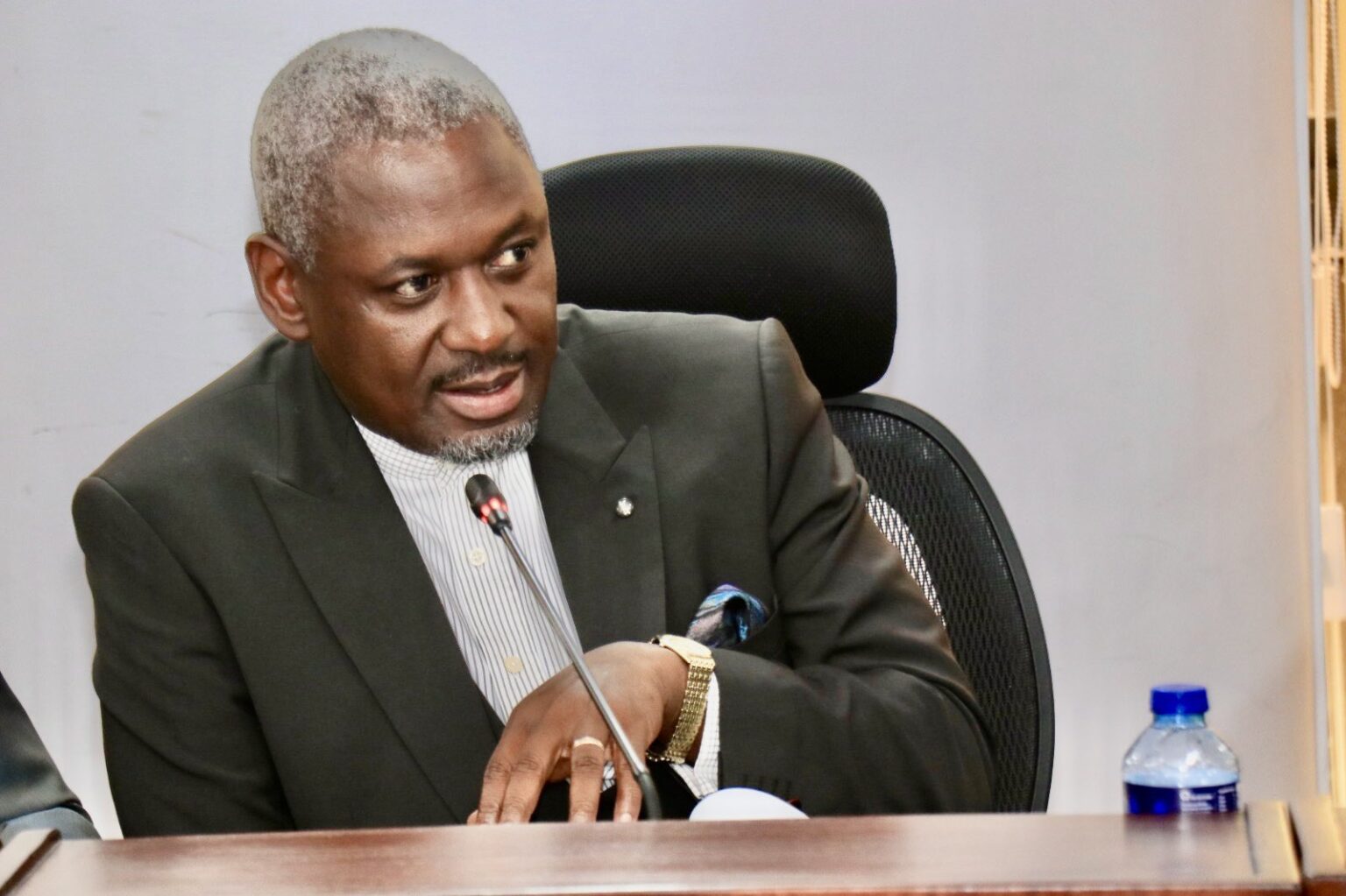- Details
- East Africa
- 583
The second-term MP and member of the Justice and Legal Affairs Committee stated that Parliament rejected an attempt by the Executive to amend the National Administrative Laws (Amendment) Bill and recognize the Head of Public Service as the sole custodian of the Public Seal and other state instruments.
Rarieda MP Otiende Amollo has rejected media claims that Parliament approved legislation allowing the transfer of the Public Seal from the Attorney General’s office to the President’s Chief of Staff.
The second-term MP and member of the Justice and Legal Affairs Committee stated that Parliament rejected an attempt by the Executive to amend the National Administrative Laws (Amendment) Bill and recognize the Head of Public Service as the sole custodian of the Public Seal and other state instruments.
“This Is Inaccurate Reporting. There Is No Legal Basis Upon Which The Public Seal Can Be Removed From The AG. We Removed The Intended Mischief & S. 28 Of The Act Remains Intact,” he explained.
This comes just days after Government Spokesperson Isaac Mwaura clarified that the transfer of the Public Seal was conducted lawfully.
“The transfer of custody of the Public Seal from the office of the Attorney General to the Office of the Head of Public Service was conducted in accordance with the law. The process is anchored in legislation, which recognises the HOPS as the appropriate holder of the seal,” Mwaura stated.
He emphasized that the Head of Public Service, who is tasked with executing presidential directives, is now the rightful custodian of the Seal.
The Public Seal consists of the Coat of Arms of Kenya.
The national symbols of the Republic are, the National Flag; the National Anthem; the Coat of Arms; and the Public Seal. By






